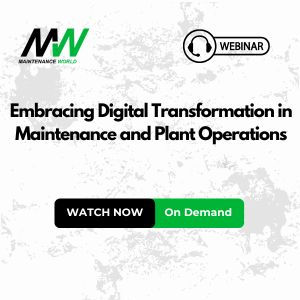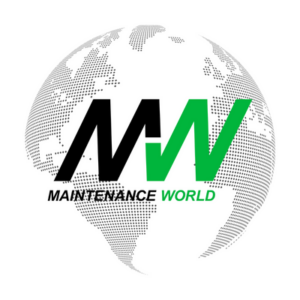Are You Reliability?
Jason Weis
Posted 8/10/2023
“The right people are an organization’s most vital asset.” – Christer Idhammar
It is imperative that equipment and staff at your organization have the ability to do what is asked of them when called on. This enables effective execution of operations and the business plan on a daily basis, ensuring the success of your business. People are arguably the most important asset driving the success of an organization next to physical assets. Employee reliability at your organization must be established, just like the equipment that the people in maintenance were hired to manage and maintain.
Employees need to be reliable today as well as tomorrow. People must maintain professional and technical skills to remain relevant, competitive, and effective in their roles. Even more is required of employees who aspire to take on more responsibility or are seeking a promotion.
For those of you looking to increase your reliability as an employee, you may need to add to your current skill set to continue to perform and add value to your organization. Whether you are happy in your current role or looking for opportunities to transition to a new role, your organization relies on you to consistently perform well. You and your fellow employees are part of the machine that keeps the business operating successfully and effectively to meet and exceed objectives.
Reliability, Risk, and People
In the world of asset and maintenance management, the main idea is to gain value through effectively managing the lifecycle of assets and maximizing reliability.
What is reliability?
According to MeriamWebster.com reliability is, “the quality or state of being reliable (Merriam-Webster, 2022).” This is a straightforward concise definition. Synonyms listed on the page include, “dependability, dependableness, reliableness, responsibility, solidity, solidness, sureness, trustability and trustworthiness.”
Uptime Elements Dictionary by Ramesh Gulati defines reliability as, “the probability that an asset will perform its required functions satisfactorily under specific conditions within a certain time period” (Gulati, 2017). Most people would like to be associated with these qualities when coworkers, friends, and family members think of them.
Effective asset and maintenance management maximizes asset reliability to support objectives and reduces exposure to risk.
What is risk?
MerriamWebster.com defines risk as, “possibility of loss or injury” and also mentions risk as, “the degree of probability of such a loss.” Risk is a key element in decision making, as too much risk can be a liability to the organization. Reducing and successfully managing risk is critical to avoiding failures and incidents that can negatively impact the business. In the world of physical asset management, the tolerance for risk is low.
So, what do people have to do with this? People make all of this happen…or not! The question is, are the people reliable?
Increase Reliability, Reduce Risk
“The reliability of the people who provide you with facts, are just as important as the facts themselves.” – Harold Geneen
Reliability and risk are inversely proportional. That is, the higher the reliability of a piece of equipment, the lower the risk of a failure. In contrast, as reliability diminishes, risk creeps up and so does exposure to negative consequences, a potential failure, an injury, or lost profits due to downtime.
Similar to reliable assets, reliable people can also reduce risk. Reliable people follow proper processes and provide quality work in their deliverables whether it is a critical report, or performing a maintenance activity.
Think about it.
You have a critical task you need to complete and have two choices for the assignment. As a manager, who will you choose? The person that consistently performs and provides quality work or the person that does just enough to scrape by and frequently misses deadlines?
Is there risk associated with the choice? Yes, there is always risk, however, most people like to rely on people that are reliable. These people do what is expected of them without issue, reducing exposure to risk for the manager that assigned the task.
Capital Improvements: Investing in Yourself
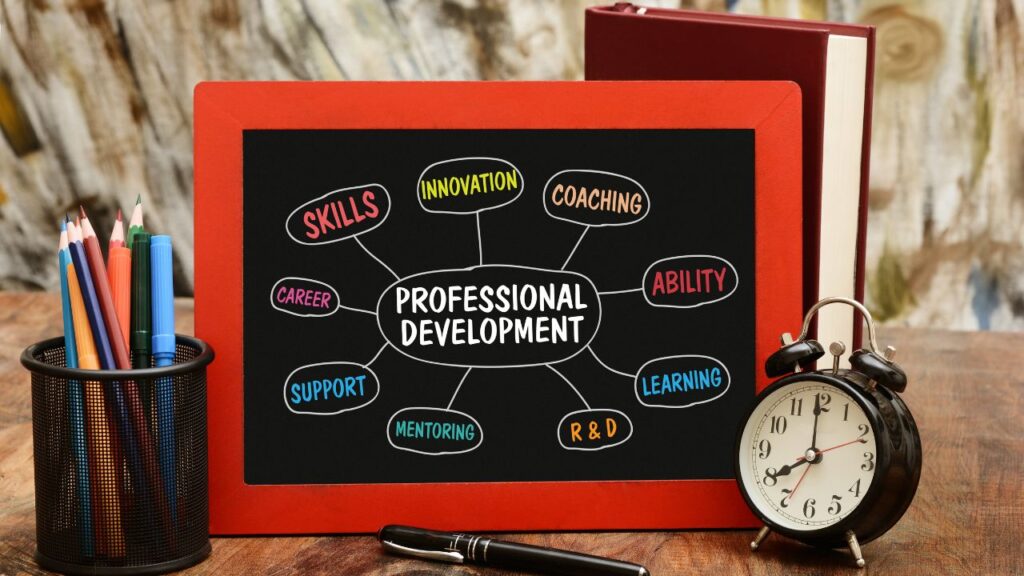
“The relevant question is not simply what shall we do tomorrow, but rather what shall we do today in order to get ready for tomorrow.” – Peter Drucker
The following are investments we can make in ourselves to be more effective in our current position, boost our career, or prepare for a future opportunity. Advanced trade certifications, professional certifications, college degrees and other types of specialized professional development can be some of the improvements considered by people who are on their own continuous improvement reliability journey.
Consider conferences too, they are great for networking and learning from people that you might happen to have a lot in common with. If you are one of these people that take advantage of personal development, have a plan. Write it down, revise it as your career matures and talk to a mentor. By preparing for tomorrow we increase the chance of stepping into a new role and having a positive impact when the time comes. Take advantage of any professional development opportunities your employer offers! If you don’t know, ask!
Can Your Employer Support Personal Reliability?
Absolutely! Successful organizations understand the need to invest in employees. They understand the role employees play sustaining and growing the business. Employee reliability is a 2-way street.
First, the employer is one of the responsible parties. It is an expectation that the employer provides employees the proper training and professional development enabling them to be effective and remain in their current roles. Employees must be informed of business process and technology changes and trained accordingly.
Second, responsibility falls on the individual. Employees need to accept the training and embrace its importance. Employees need to show up for the training, be engaged and complete the training as expected. Don’t do the training and you will become one of the weak links in the organization. Do the training, and benefit from the opportunity to learn something new and support initiatives that strengthen the business and employee reliability.
Walk the Talk, Build Trust
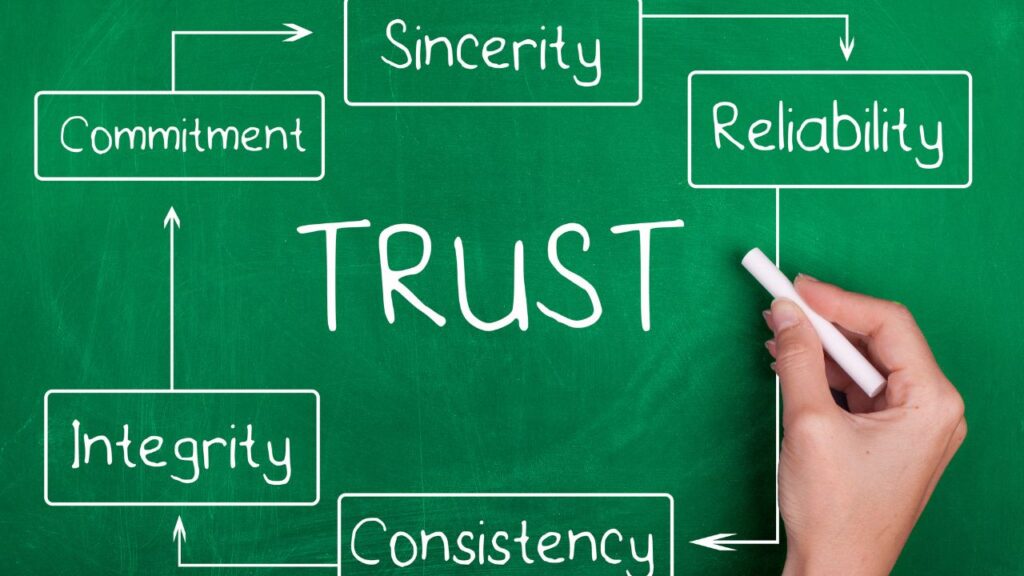
Wolfgang Schauble said, “Reliability is the precondition for trust.”- Orrin Woodward
Do what you say you are going to do; actions speak louder than words. After the training and professional development and whatever self-improvements you decide to invest in are completed, put your skills to use.
In addition to being competent you need to be able to execute, to follow through. If you say you are going to do something, or make a promise, do it, keep your word. Don’t lead people on and have them think you are working on a deliverable when you aren’t. If there are roadblocks to completing your task, bring them up. It gives people the chance to help. If they trust you and you have a reputation for being reliable, they will be more willing to assist you in managing the challenges and help you succeed.
Put It All Together
“Reliability pays dividends in all aspects of life. Your personal brand is a promise to your clients… a promise of quality, consistency, competency, and reliability.” – Jason Hartman
Focusing on how you can consistently deliver today and tomorrow becomes part of what management and your peers see in you. Doing what you say you are going to do becomes part of you. Embracing training for employee reliability as a benefit and not a chore helps support a positive culture, and becomes part of you. All of these things become traits of your product, and over time, they build your brand. Think about that. Create a valuable brand for yourself and you will be a commodity. Your value will increase and you will have a successful career because people will need you to get the job done!

Jason Weis
Jason Weis is currently an EAM consultant at Marine Tiger Technologies. He started his career with the IBEW completing a 5-year apprenticeship and working as a union electrician and instrument technician for 10 years. Accepting an opportunity with a local refinery, Jason served the maintenance organization as a maintenance planner, maintenance scheduler, EAM project manager and turnaround planner. Jason earned his BA in construction management and has also earned the PMP, CRL and CMRP certifications.
Related Articles
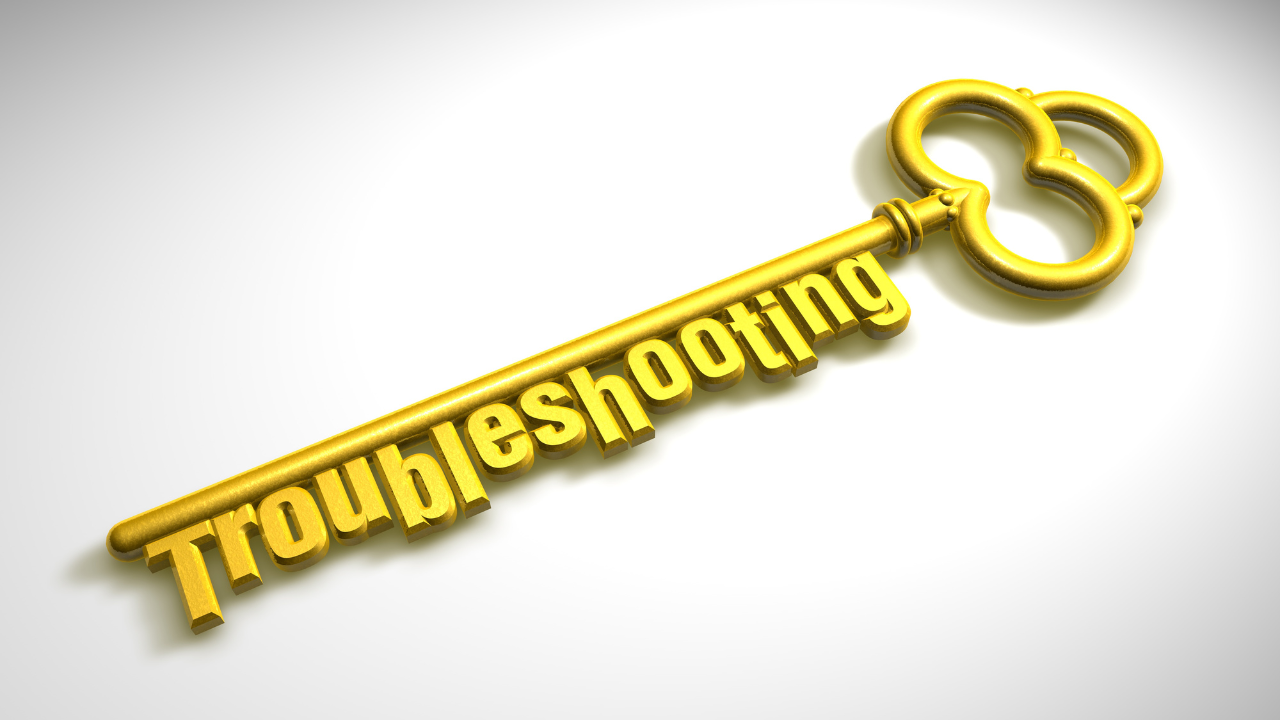
Keys for Effective Troubleshooting
Analyzing Semiconductor Failure
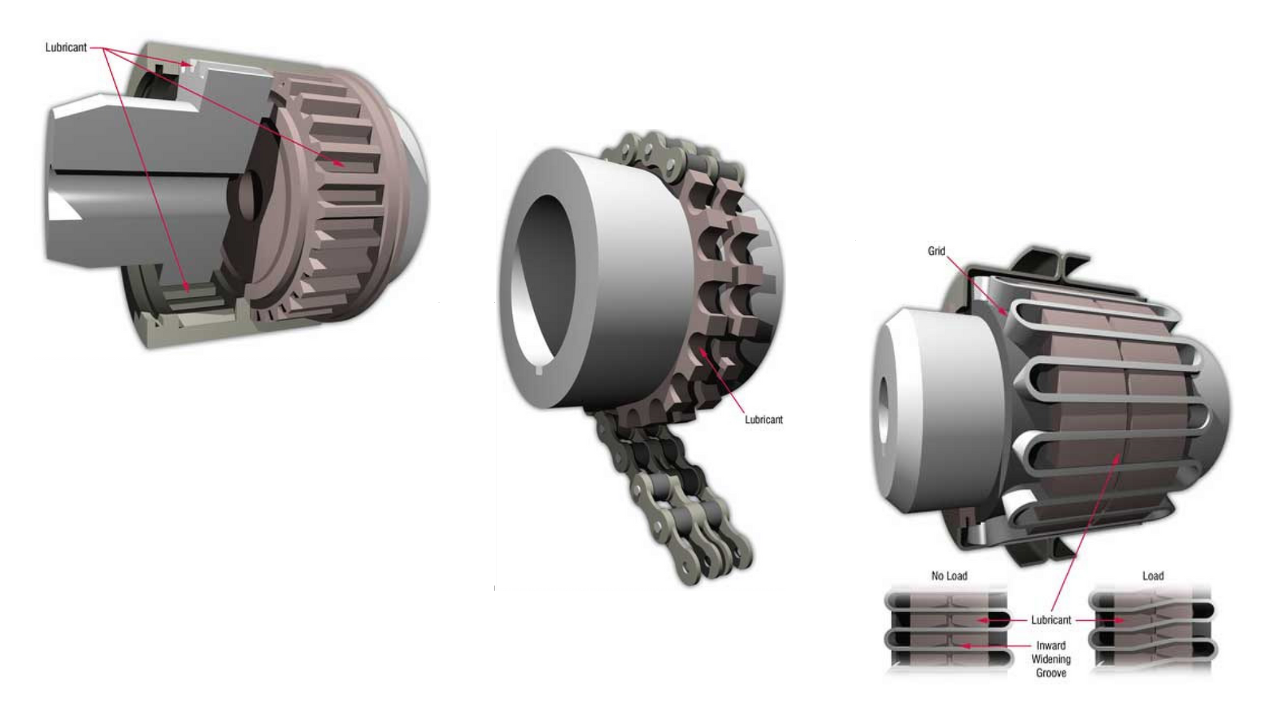
The Lubrication Requirements of Couplings
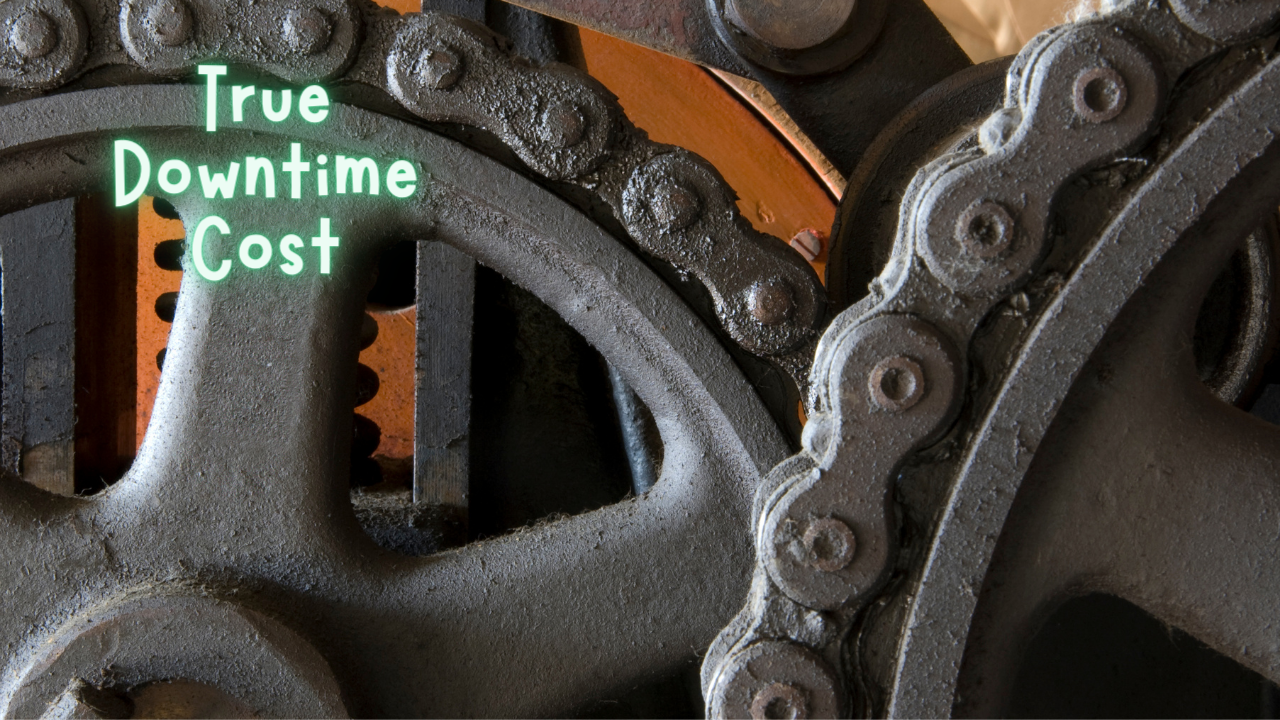
What is the True Downtime Cost (TDC)?
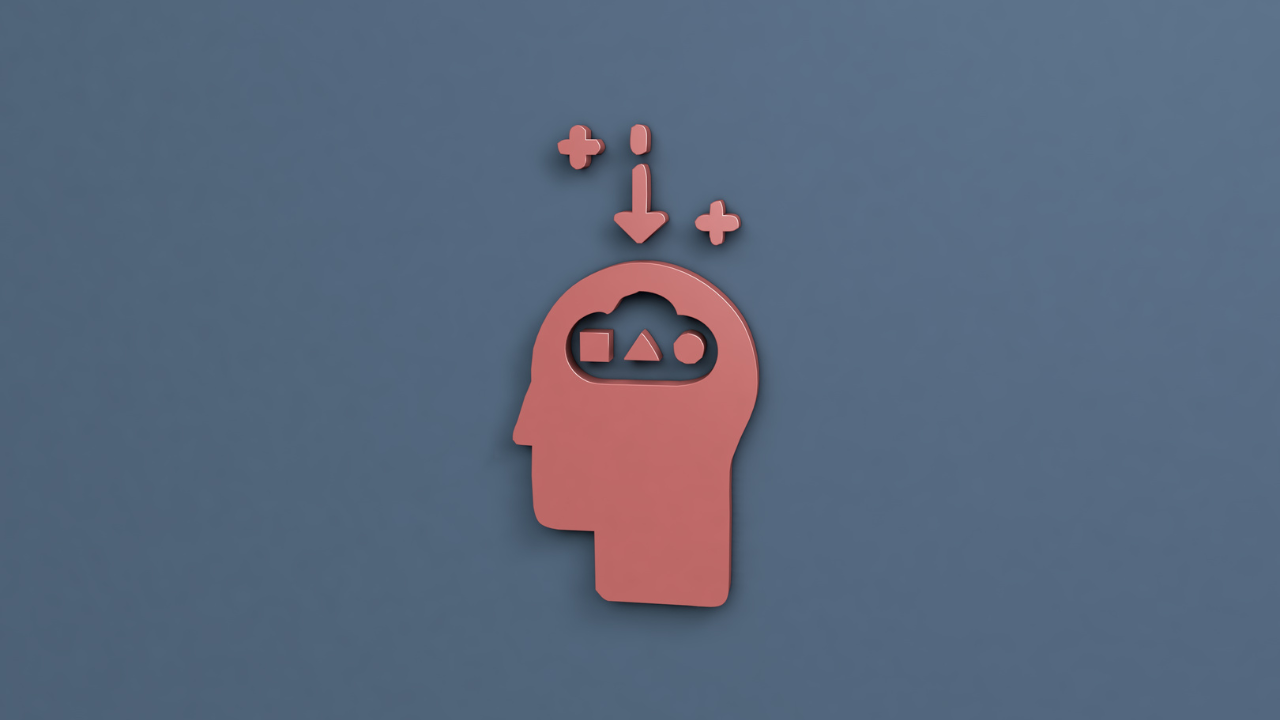
Improvement: What Comes First?
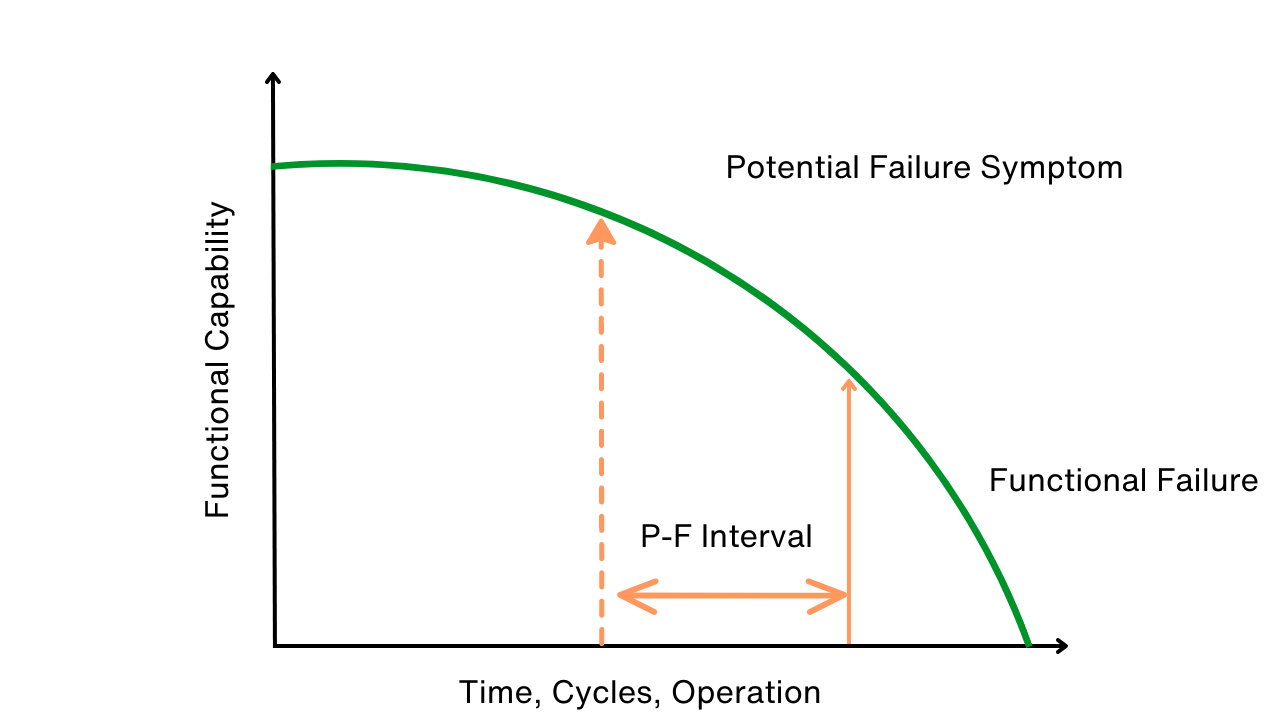
Use P-F Intervals to Map, Avert Failures


